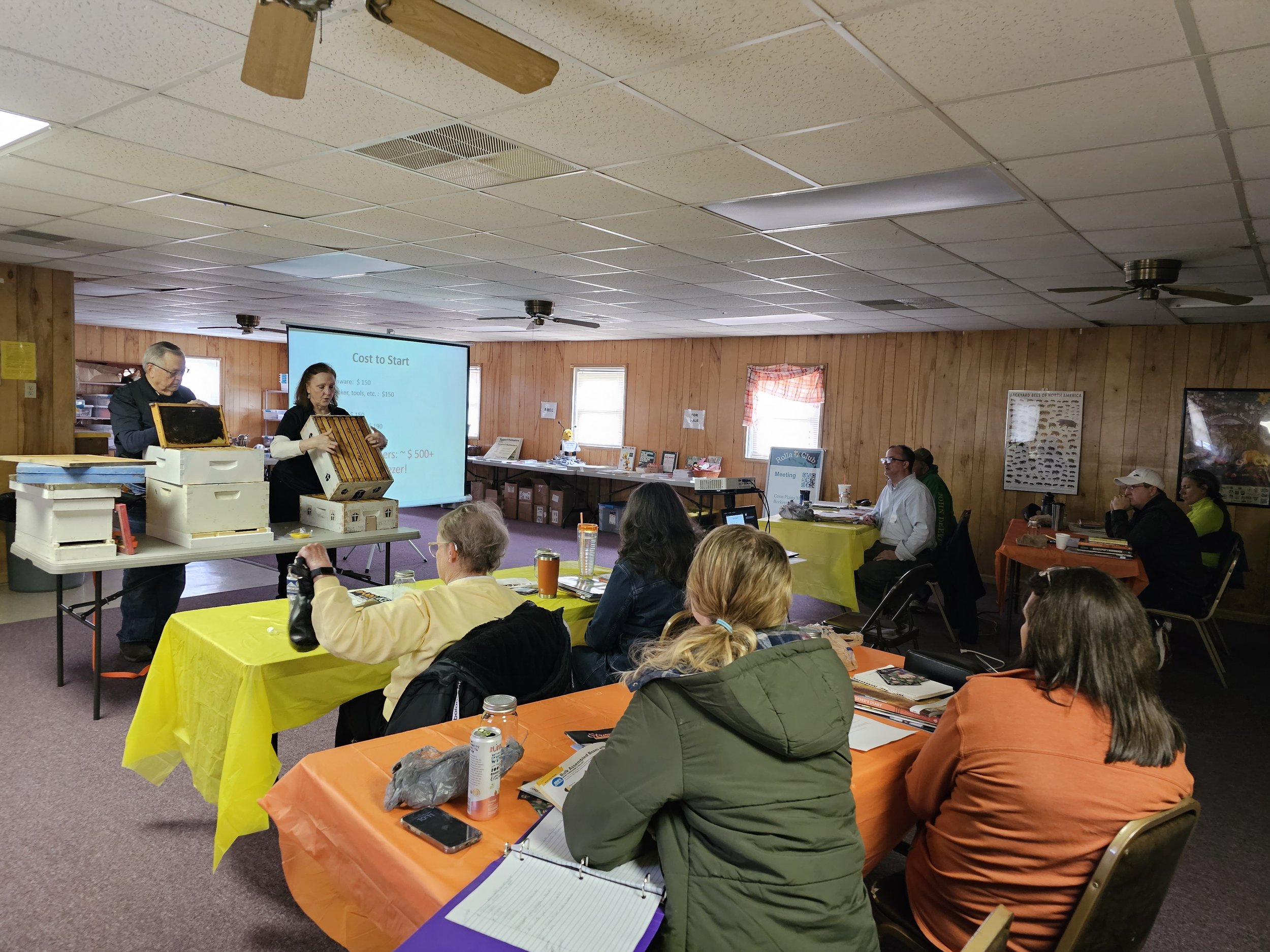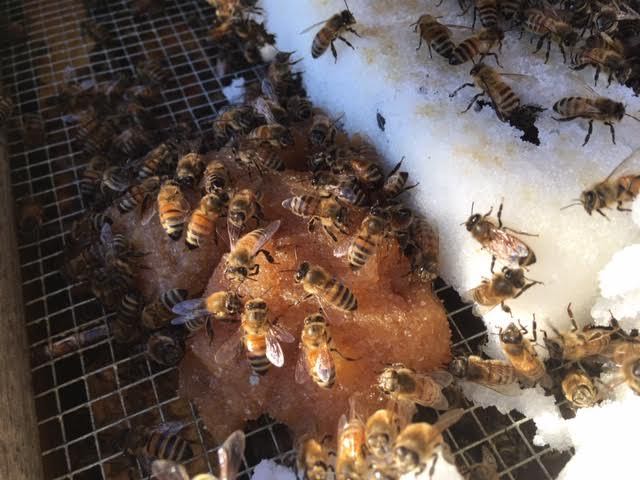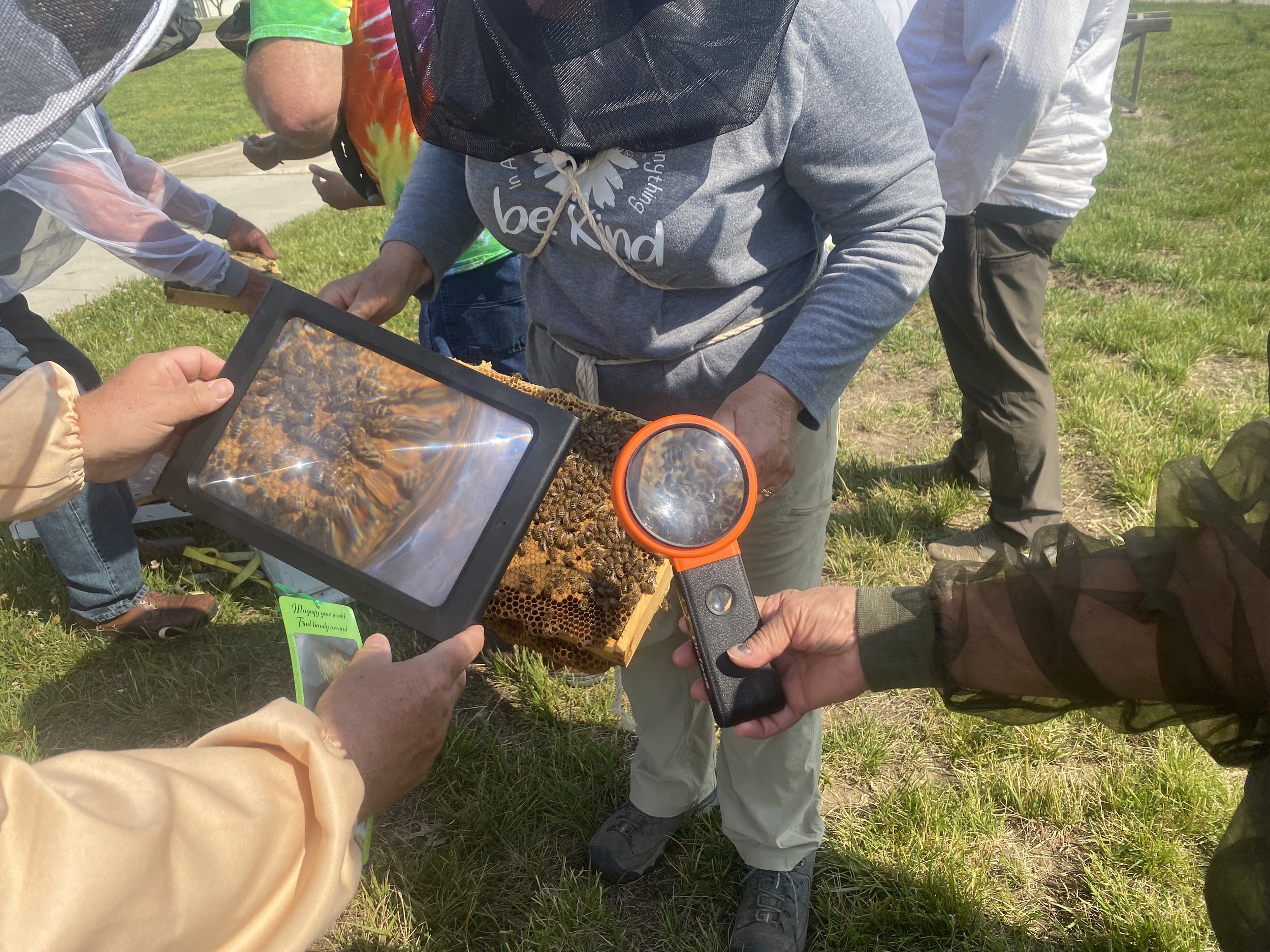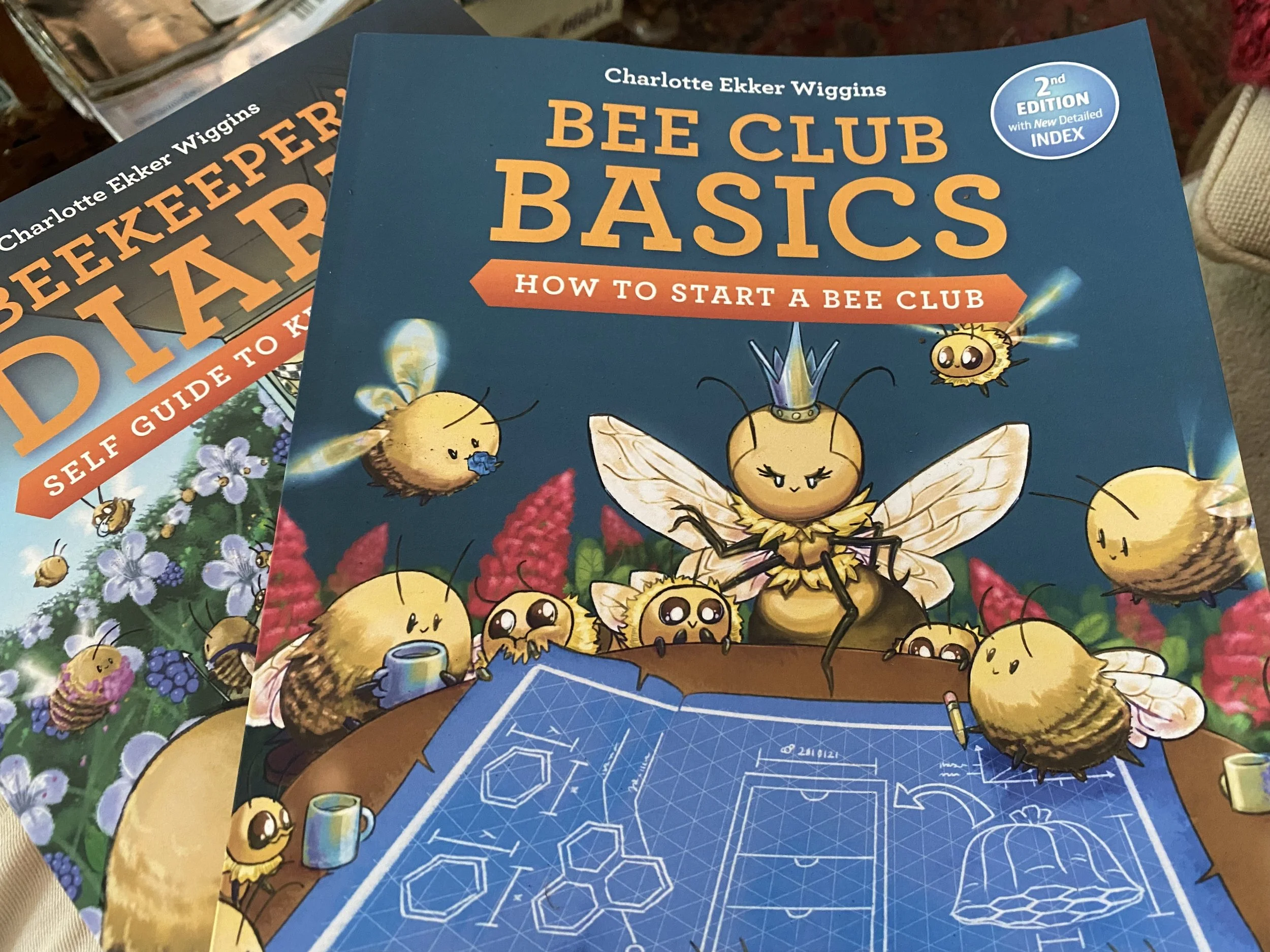When Are You a "Beekeeper"
/One way to celebrate officially becoming a beekeeper! (Photo by Charlotte Ekker Wiggins)
“…I took one of your beekeeping classes a couple of years but still can’t keep a hive alive….don’t call myself a beekeeper but my friends do…When is someone a beekeeper???” — Name Withheld by request
When Are You a Beekeeper
Hi, at your request I am withholding your name. Your question is an important one and deserves some context.
First, this may be one of the more challenging times in beekeeping history to keep bees. Pathogens spread by the varroa mite, loss of habitat and poor nutrition challenge honeybees as well as our native pollinators. The good news is that if we do something for one group we will help the rest.
Secondly, no two years of beekeeping are alike so learning to be a beekeeper is constantly evolving and challenging. A good beekeeper is amateur biologist tinkering in genetics; a gardener; a pet owner and in larger quantities, a farmer specializing in animal husbandry practices. If one is running a business from the bees, then add all of those specialties associated with a business. It’s no wonder keeping honeybees is not for everyone.
That’s why you will find Missouri now has 45 local bee clubs, up from the 5 local bee clubs that were around 10 years ago. Attending bee club meetings is a good way to learn the terminology, pick up on suggestions, meet other beekeepers and, if you look closely enough, find a bee buddy who will share the adventure with you.
There’s also a new tool for those beginning to keep bees. Kim Flotum, senior editor with Bee Culture Magazine, has also started a quarterly magazine designed to help beginning beekeepers. BEEkeeping is $20/year and covers those initial overwhelming topics.
Back to your original question. Rolla Bee Club has a simple answer to that question, we say you can call yourself a beekeeper after you pull a colony through winter. It can take beginning beekeepers a couple of years to do that since the learning curve can be steep but we are not governing the bees, we are working with them to support them. That means we have to learn their world and their way of doing things.
I know you well enough to say don’t give up, you have a lovely garden and a caring spirit. Learn from your mistakes. Ask questions about what went wrong, what you can do differently and try again.
In my humble opinion after 9 years of lessons with my bees, they are more than worth it!
Charlotte












